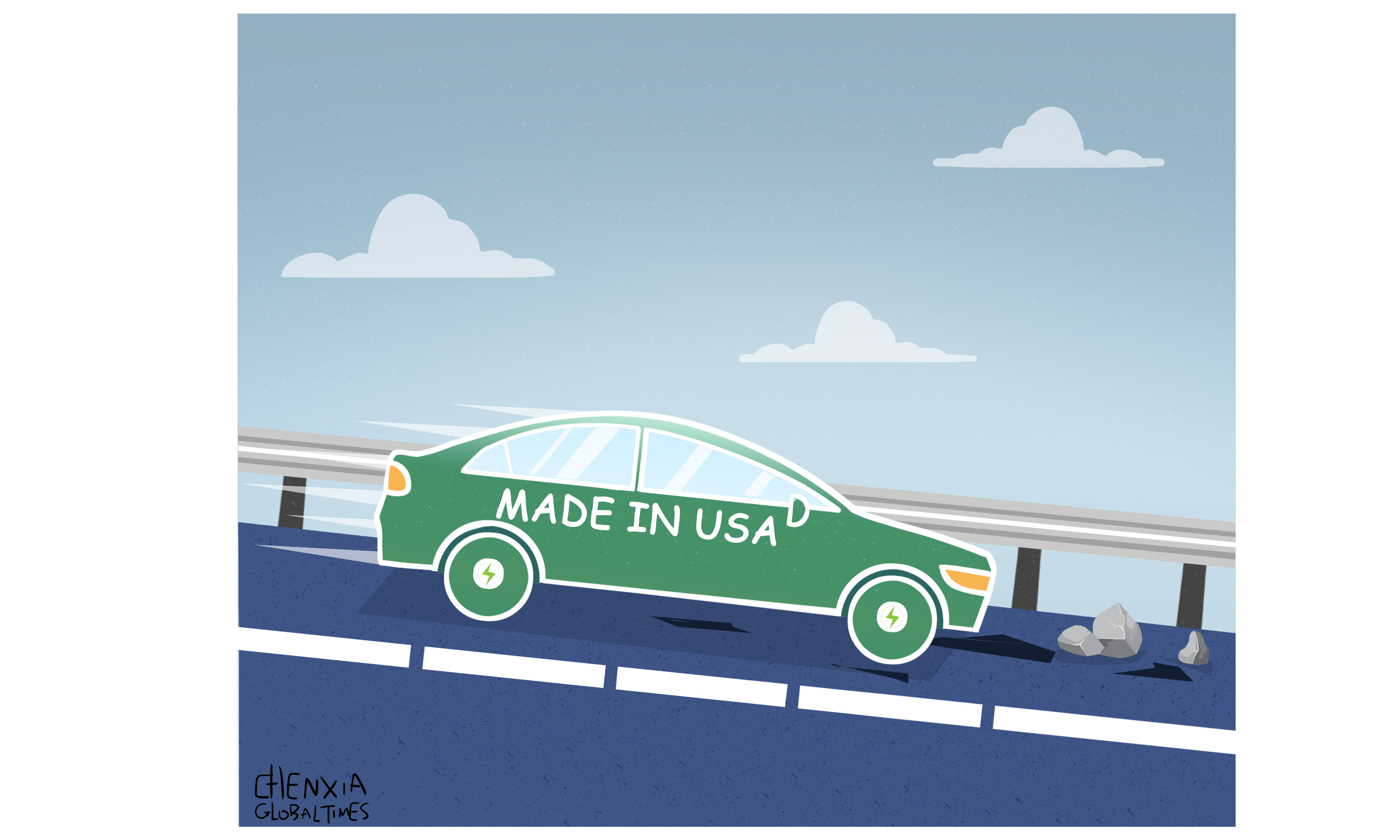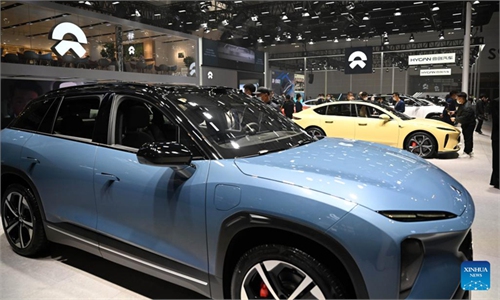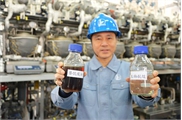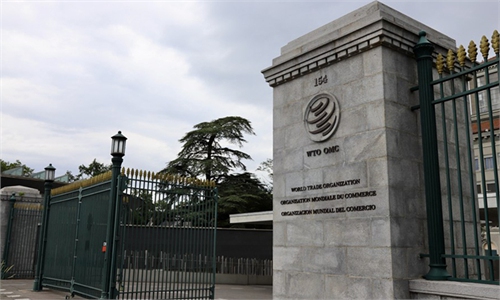
Illustration: Chen Xia/Global Times
Auto executives aren't as confident in electric car adoption as they once were, Business Insider reported on Wednesday. A survey of more than 900 auto industry executives has reportedly found that respondents think only 37 percent of new vehicle sales in the US will be electric by 2030, compared to an expected 62 percent reported in last year's survey.The decline in confidence comes at a time when the administration of US President Joe Biden is adopting a strategy aimed at resurrecting US manufacturing and electric vehicles (EV) have been a key field in Washington's "reshoring" push. As part of the Inflation Reduction Act signed by Biden in August, individuals who buy electric vehicles assembled in North America may qualify for up to $7,500 in tax credits.
Using the act, the Biden administration hopes to ignite a domestic manufacturing boom, but the auto executives survey appears to have poured cold water over the high hopes of policymakers.
Business Insider reported that auto executives hold concerns over factors including supply chain bottlenecks, but we believe there are deeper-rooted reasons behind the pessimistic outlook for the EV industry. Even though the Biden administration tries to flex its policy muscles available to give US-based EV companies an unfair advantage over global competitors, firstly, it should be pointed out that Washington's "reshoring" push will disrupt the global industrial chain and push up the cost of production.
Due to cost and supply chain pressure, the price of EVs in the US has risen earlier this year. The average price paid by Americans for EVs jumped 22 percent in the year to May, data from JD Power showed. North America's EV industry is lagging behind other regions and highly dependent on global industrial chains. Through protectionist measures, the US is desperately attempting to lure companies from various countries to build factories in the US, although the push will exacerbate the supply problems in the EV sector. An inevitable result is a rise in prices.
As the manufacturing industry has been gradually transferred out the US for more than half a century, it is not easy for the US to revitalize its manufacturing sector in one stroke. Due to long-term hollowing-out of manufacturing, the US lacks a large labor market to support its manufacturing. In addition, the US still lacks a complete industrial chain which is necessary to revitalize the manufacturing sector.
Some analysts say that if the US wants to return to being a major manufacturing country, it needs to rebuild a policy and law environment similar to the one it had before 1970, an almost impossible task for the current US government. The Biden administration tries to take a shortcut by turning to protectionism with a "reshoring" push, however, it seems such efforts not only fail to achieve the expected effect, but also cause a price rise.
US inflation has eased slightly in recent months but is still at an uncomfortably high. Against this backdrop, Washington's "reshoring" push may add to inflationary pressures in the economy and therefore curb consumption for not only EVs but also other consumer goods.
There are some warning signs as spending on goods, led by food and beverages, gasoline and motor vehicles, declined for the third consecutive quarter in the US. From Whirlpool to Procter & Gamble, companies are noting that US shoppers are feeling the pinch of the inflation, and in some cases buying less, a trend economists dub "demand destruction," the Bloomberg reported in late October.
Demand destruction has and is profoundly affecting and changing the way people consume articles for daily use. If there are still people who do not realize the harm done by Washington's protectionist policy, the newly released auto executives survey should sound the alarm: The question is why, while Washington's "reshoring" push tries to give US-based EV companies an unfair advantage, auto executives lose confidence in the market.
The author is a reporter with the Global Times. bizopinion@globaltimes.com.cn



